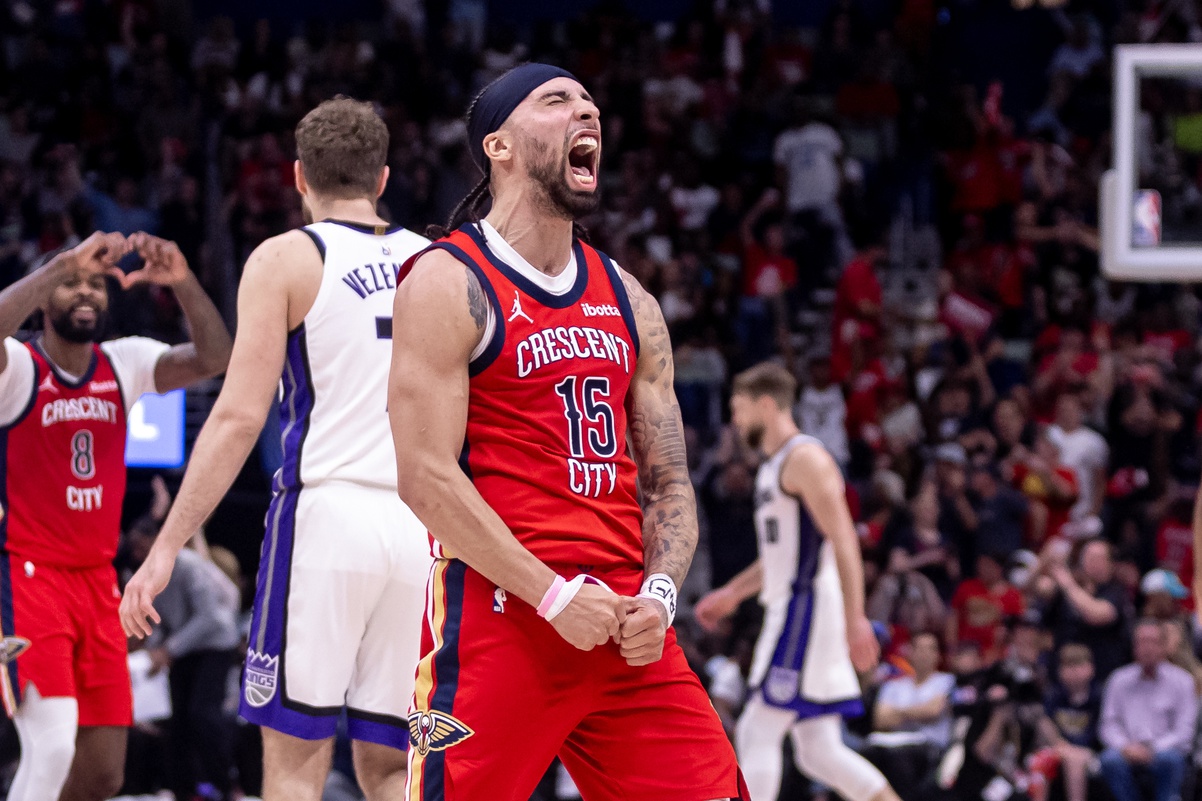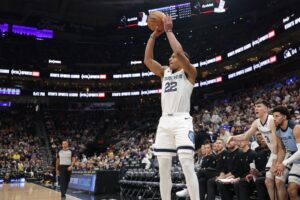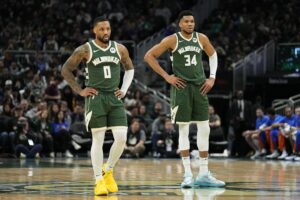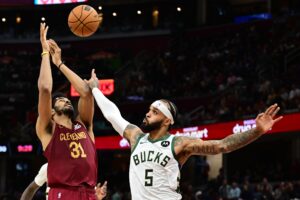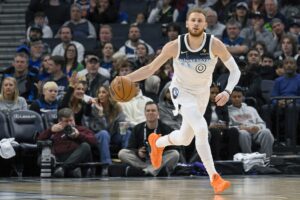The New Orleans Pelicans’ decision to sign Jose Alvarado to a two-year, $9 million extension is a strategic move that helps the franchise maintain valuable roster and cap flexibility. By securing a quality backup point guard at a team-friendly price, the Pelicans set themselves up for future success both on the court and in managing their salary cap. Alvarado’s extension is just one piece of a bigger puzzle, especially as the team faces looming decisions regarding their stars and key players.
NBA Business: Jose Alvarado’s Extension Eases Pelicans’ Cap Moves on Ingram
Impact of Jose Alvarado’s Extension on Future Cap Space
Jose Alvarado’s extension locks him in at a reasonable cost, which helps the Pelicans keep a clearer picture of their financial landscape moving forward. With nine players under contract for the 2025-26 season, New Orleans can now plan for future moves while maintaining enough flexibility to either extend or replace higher-priced talent. The $4.5 million per year they will pay Alvarado is a steal for his defensive abilities and toughness, especially considering that his contract doesn’t hinder their long-term flexibility. Perhaps his decision was influenced by the current market for backup point guards.
As of now, the Pelicans have a total projected cap hit of approximately $185 million for the 2024-25 season, placing them below the second apron but dangerously close to it. Having players like Alvarado on affordable deals is crucial for balancing the more expensive contracts of stars like Zion Williamson and C.J. McCollum, while ensuring the team can still maneuver within the salary cap.
Balancing Future Decisions on Brandon Ingram and Trey Murphy III
One of the most significant future cap-related decisions for the Pelicans will involve Brandon Ingram. Ingram’s contract expires at the end of the 2024-25 season, and he could be in line for a maximum extension. If the Pelicans want to retain him, they’ll need to be mindful of how much cap space will be tied up in his deal. Currently, Ingram’s $36 million cap hit accounts for a substantial portion of the team’s salary allocation, and if extended, his salary could rise significantly.
Trey Murphy III is another player whose contract status will soon demand attention. Murphy, still on his rookie deal, is proving to be a vital contributor, and his next contract could also command a significant raise. Given that Murphy could command around $15-20 million annually on his next deal, the Pelicans will need to manage these negotiations while balancing the team’s overall salary structure.
The key for the Pelicans will be maintaining flexibility to either pay their top players or pivot if things do not pan out as expected. Alvarado’s extension helps them achieve this by keeping a quality player at a low cost, which allows more financial room for negotiating bigger deals with players like Ingram and Murphy. As it stands, it’s still on knife edge if they will be a team over the second apron. They do have trade exceptions which they could use to add a player or players.
Maintaining Flexibility for Trades and Free Agent Signings
Another reason why the Alvarado extension is a win for New Orleans is that it allows the team to remain flexible for potential trades or free-agent acquisitions. Teams that lock themselves into too many large contracts can find themselves unable to make necessary adjustments. With the Pelicans having a mix of expensive star contracts (Williamson, McCollum) and affordable role players like Alvarado, they’re in a better position to explore deals if the opportunity arises.
This flexibility could prove vital if the Pelicans decide to pursue a trade for another star or key player to supplement their core. As the team inches closer to contender status, keeping options open is crucial for adding the right pieces at the right time without sacrificing future cap space.
The Bigger Picture: Pelicans’ Long-Term Vision
Jose Alvarado’s extension is a reflection of the Pelicans’ larger strategy. They are positioning themselves as a team capable of contending in the Western Conference by locking in essential role players on favorable contracts while preserving enough flexibility to make moves for higher-priced talent when necessary. The upcoming decisions regarding Ingram, Murphy, and other key players will test this approach, but as of now, the Pelicans seem well-positioned to navigate those challenges.
By securing Alvarado at a team-friendly price, the Pelicans demonstrate their commitment to building a deep, versatile roster that can compete now while preserving long-term financial flexibility. This balance of present and future considerations will be critical as they aim to build a sustainable contender around Williamson and their other stars.


